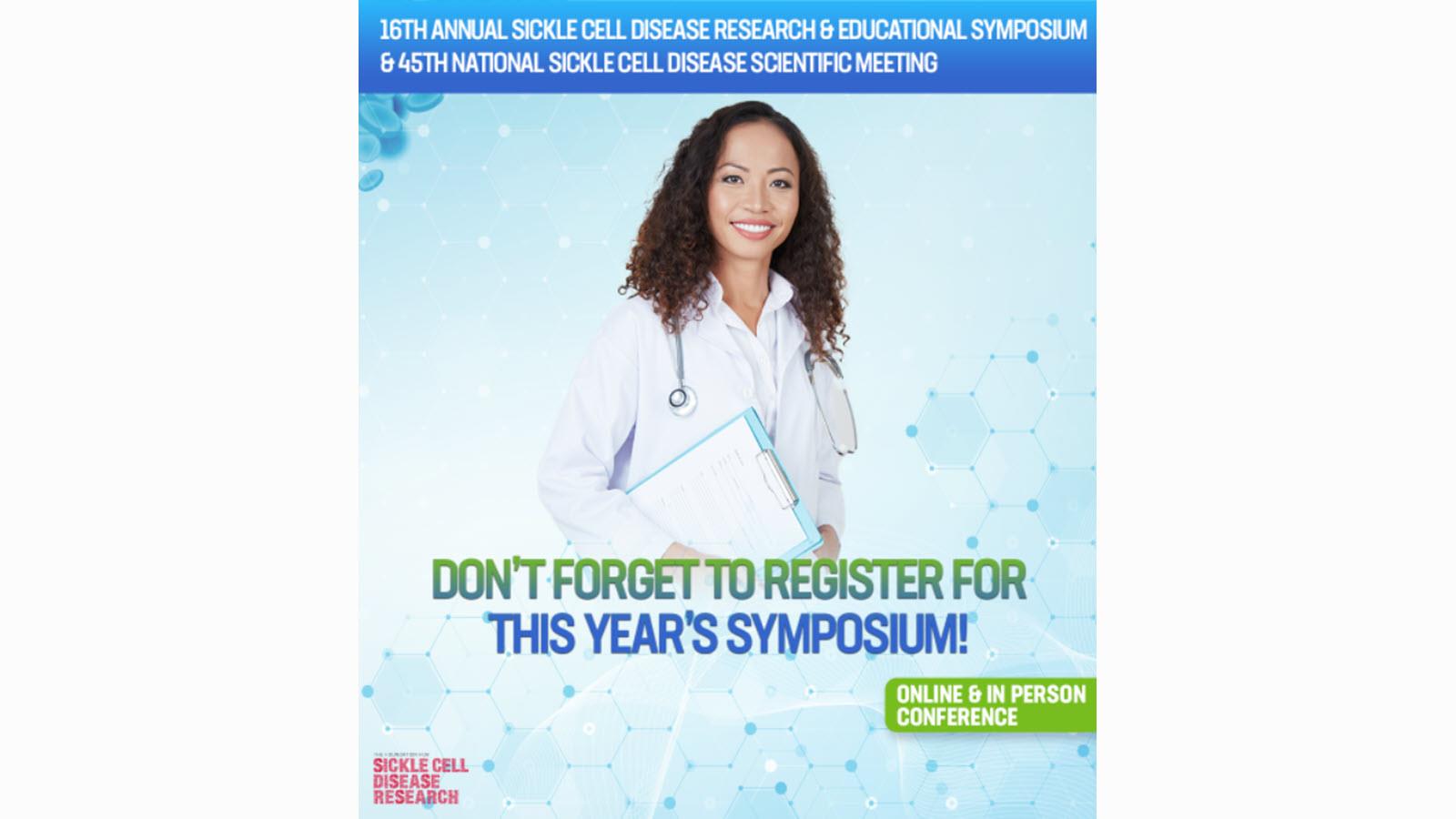The environment has changed for patients who live with sickle cell disease, a serious, life-limiting condition that causes severe pain and organ damage.
The long gap in new treatments and innovations ended in 2019 and a flurry of research activity continues as medical science tries to catch up for lost time. CSL Behring’s Dr. Greg Kato, who joined the company in 2020, watched it unfold from the bedside of children and adults he treated over a 30+-year career, most recently with the University of Pittsburgh’s Blood Science Center at the Vascular Medicine Institute. This weekend, Kato will address patients and scientists at the 16th Annual Sickle Cell Disease Research and Educational Symposium and scientific meeting in Fort Lauderdale, Florida.
Kato will give a talk to help patients understand the different types of clinical trials and he’ll present about hemopexin, a potential treatment for sickle cell disease currently recruiting for participants. CSL Behring is among the sponsors of the symposium, offered by the Foundation for Sickle Cell Disease Research.
“The exciting path to new treatment options for people living with sickle cell disease is through clinical trials.Our trial of CSL889 has joined over 40 industry-sponsored clinical trials that work with patients to identify the most successful options,” Kato said.
Pain and poor health interrupts the lives of millions of patients around the world who find themselves less able to go to school and work. Many sickle cell patients live with pain and organ damage that makes their bodies old before their time. A child as young as seven could have a stroke. Stem cell transplants have been the answer for some, Kato has said, but it’s a risky treatment and is unlikely to be the answer for all patients.
Sickle cell disease can get oversimplified as an illness whose twisted red blood cells get “stuck” in the body, Kato said. That explanation does not communicate the true complexity of what happens to the cells and the byproducts of those red blood cells as they quickly break down in the body, he said. Deeper knowledge about the disease is opening new avenues of innovation.
Kato’s session on clinical trials is Friday at 2:10. His talk about potential treatment hemopexin will be Sunday at 2:15.



